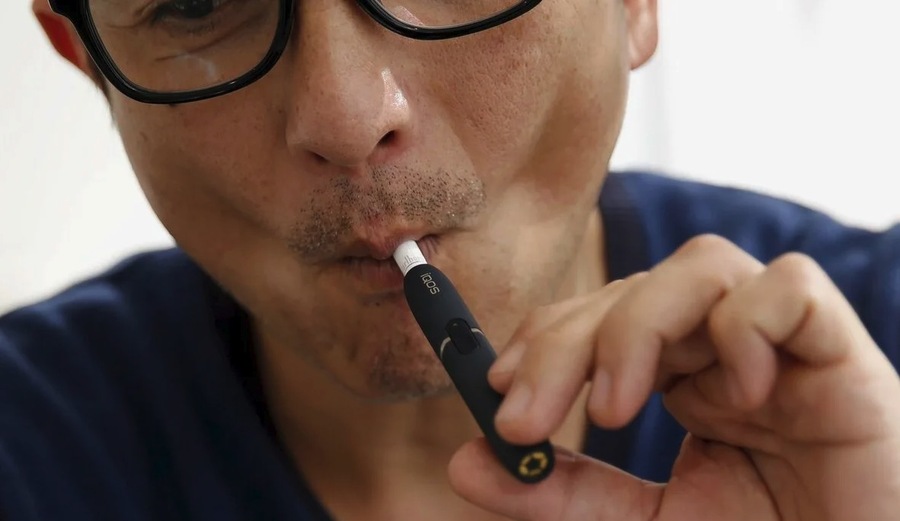The endocrine system plays a vital role in maintaining homeostasis, growth, development, metabolism, and reproductive processes. Hormones act as messengers, coordinating various bodily functions by interacting with specific target cells. These hormones are released into the bloodstream, allowing them to reach and regulate distant organs and tissues. The system’s ability to maintain balance and respond to internal and external stimuli is crucial for overall health. For instance, insulin and glucagon are pivotal in regulating blood sugar levels, ensuring that energy is available when needed while preventing hyperglycemia and hypoglycemia. Growth hormone influences the growth of bones and muscles, while thyroid hormones control the rate of metabolism, affecting how the body utilizes energy.
Organs of the Human Endocrine System
The human endocrine system comprises several glands and organs, each with specific functions:
- Hypothalamus: Located in the brain, it links the nervous and endocrine systems, regulating the pituitary gland and controlling hunger, thirst, sleep, and body temperature. The hypothalamus synthesizes and secretes releasing and inhibiting hormones that control the secretion of pituitary hormones, thus playing a central role in maintaining homeostasis.
- Pituitary Gland: Known as the “master gland,” it is located at the base of the brain. It secretes hormones that regulate other endocrine glands, including growth hormone (GH), which stimulates growth and cell reproduction, prolactin (PRL), which stimulates milk production, and adrenocorticotropic hormone (ACTH), which stimulates the adrenal glands to produce cortisol.
- Thyroid Gland: Located in the neck, it produces thyroid hormones (T3 and T4) that regulate metabolism, energy production, and growth. The thyroid gland influences various bodily functions, including heart rate, body weight, muscle strength, and mood.
- Parathyroid Glands: These four small glands behind the thyroid regulate calcium and phosphate balance in the body through parathyroid hormone (PTH). PTH increases blood calcium levels by stimulating osteoclasts to break down bone, releasing calcium into the bloodstream, and by enhancing calcium absorption in the intestines and kidneys.
- Adrenal Glands: Located atop the kidneys, they produce hormones like cortisol, aldosterone, and adrenaline, which help manage stress, metabolism, and blood pressure. The adrenal medulla releases adrenaline and noradrenaline during stress, preparing the body for a ‘fight or flight’ response, while the adrenal cortex produces corticosteroids, including cortisol, which helps regulate metabolism and immune response.
- Pancreas: It has both endocrine and exocrine functions. The endocrine part secretes insulin and glucagon, which regulate blood sugar levels. Insulin lowers blood glucose by facilitating cellular glucose uptake, while glucagon increases blood glucose by promoting glycogen breakdown in the liver.
- Pineal Gland: Located in the brain, it secretes melatonin, which regulates sleep-wake cycles. Melatonin production is influenced by light exposure, with higher levels produced in darkness, promoting sleep.
- Ovaries: In females, they produce estrogen and progesterone, which regulate the menstrual cycle, pregnancy, and secondary sexual characteristics. Estrogen is crucial for the development of female reproductive tissues and secondary sexual characteristics, while progesterone prepares the uterus for pregnancy and supports gestation.
- Testes: In males, they produce testosterone, which regulates sperm production and secondary sexual characteristics. Testosterone is essential for the development of male reproductive tissues, secondary sexual characteristics, and maintaining libido and muscle mass.

Effects of Tobacco Smoking on the Endocrine System
Tobacco smoking negatively affects the endocrine system, contributing to various diseases and dysfunctions:
- Thyroid Gland: Smoking impacts thyroid function, often leading to increased production of thyroid hormones and an elevated risk of Graves’ disease, an autoimmune disorder causing hyperthyroidism. Nicotine and other compounds in tobacco smoke can alter thyroid hormone levels, potentially leading to hyperthyroidism or, conversely, hypothyroidism in some cases.
- Pituitary-Thyroid Axis: Studies have shown changes in indicators characterizing the functional state of this axis, leading to altered hormone levels and thyroid dysfunction. Smoking can disrupt the feedback mechanisms that regulate hormone levels, resulting in imbalances that affect overall health.
- Adrenal Glands: Smoking stimulates the adrenal glands to produce more adrenaline and cortisol, contributing to hypertension, diabetes, and cardiovascular diseases. Chronic exposure to nicotine can lead to adrenal hyperactivity, increasing the risk of metabolic disorders and cardiovascular issues.
- Reproductive System: In females, smoking can lead to menstrual irregularities, reduced fertility, and early menopause. In males, it can reduce testosterone levels, sperm quality, and libido. The toxins in tobacco smoke can damage reproductive tissues, leading to decreased hormone production and impaired reproductive function.
- Pancreas: Smoking increases the risk of insulin resistance and type 2 diabetes by affecting insulin secretion and function. Nicotine and other chemicals in tobacco smoke can impair pancreatic function, reducing insulin production and increasing the risk of metabolic syndrome.
Smoking Control and Transition to Smokeless Devices
Smoking control is a global public health priority due to the established connection between smoking and the prevalence of non-communicable diseases. According to the World Health Organization, the total number of smokers worldwide is increasing, posing significant health risks. Tobacco smoke contains numerous chemicals that adversely affect the endocrine system.
The first step towards quitting smoking may involve transitioning to smokeless smoking devices such as IQOS, which heat tobacco instead of burning it, reducing the exposure to harmful chemicals. These devices offer a potentially less harmful alternative to traditional cigarettes, providing a way to reduce tobacco-related health risks. The popularity of these devices has surged recently, and ensuring the purchase of original, high-quality products is essential. Trusted companies like iTerеa in Dubai offer a range of authentic IQOS products at competitive prices, such as the IQOS ORIGINALS DUO Slate for AED 299. Terеa.ae ensures customers receive genuine products that meet high standards of quality and safety.

Conclusion
Understanding the functions and organs of the endocrine system highlights the importance of maintaining its health. Tobacco smoking poses significant risks to this system, leading to various diseases and dysfunctions. Transitioning to smokeless alternatives like IQOS, available from reliable sources such as Terеa.ae, can be a crucial step towards a healthier life. By choosing high-quality, original products from trusted suppliers, individuals can reduce the harmful impacts of tobacco while working towards improved overall well-being. Taking proactive steps towards smoking cessation and exploring less harmful alternatives are essential for protecting the health of the endocrine system and preventing related diseases.

Biker, doer, guitarist, Eames fan and TDC honorary member. Performing at the fulcrum of art and computer science to craft meaningful ideas that endure. Let’s chat.
